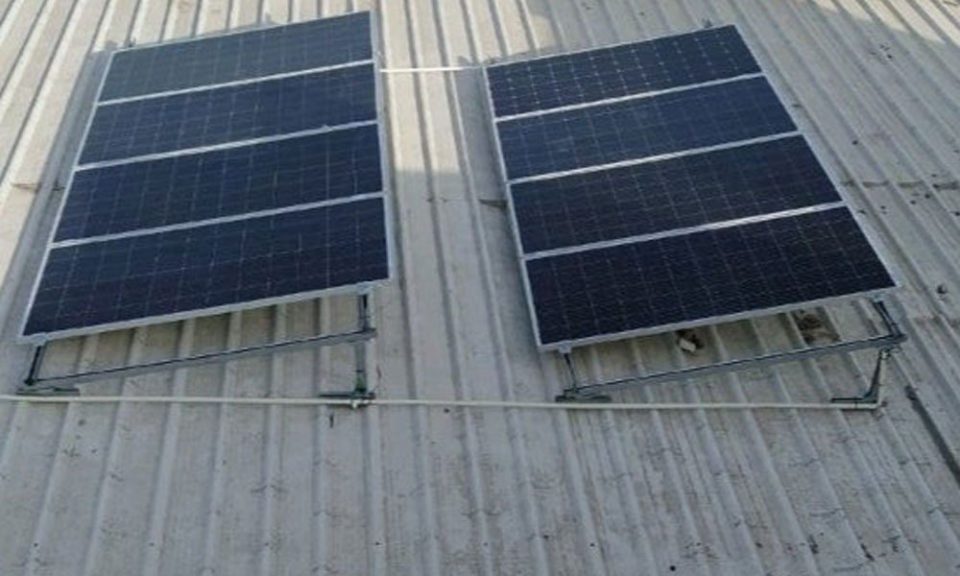Solar panels, also referred to as PV panels, are devices that convert sunlight, consisting of electrically charged parts called photons, into useful energy for running appliances and machinery. Solar panels have a wide range of applications, Additionally, solar panels are commonly used for generating electricity in commercial as well as home solar electric structures. Know more about solar pv installer
History of solar panels:
can be traced back to the 19th century when scientists discovered the photovoltaic effect, which is the process by which sunlight is converted into electricity. In the 1950s, the first practical solar cell was developed, and by the 1970s, solar panels were being used to power satellites. In the decades since, advances in technology have made solar panels more efficient and affordable, leading to their widespread use in homes and businesses around the world. Today, solar energy is a rapidly growing industry, and many countries are investing in solar power as a way to reduce their dependence on fossil fuels and combat climate change.
Solar energy has been in development for over a century. During the initial stages, solar energy was mainly utilized for generating steam that could power machinery. The conversion of solar energy into electric energy is called the “photovoltaic effect”.
How do solar panels function?
- Solar panels are designed to harness the force of sunlight, which is an environmentally friendly form of power.
- They are capable of converting this energy into electricity, which can be used to power various electrical loads.
- Solar panels consist of multiple solar cells, each made up of silicon, phosphorous ( negative charge), and boron ( positive charge) levels.
- Solar cells absorb photons, which then start the creation of electricity.
- When photons hit the exterior of a solar panel, they produce energy that dislodges.
- These free electrons are then pulled into a directed current by the magnetic field produced by the photovoltaic cells.
The complete process is referred to as the Photovoltaic Effect.
Benefits of solar panels:
- Solar panels reduce electricity bills, decrease carbon footprint, and increase energy independence.
- They are a sustainable and renewable source of energy that can be used to power homes, businesses, and even entire communities.
- Investing in solar panels is a smart choice for those seeking a cost-effective solution with minimal maintenance requirements and a long lifespan.Overall, the use of solar panels is a smart and environmentally conscious choice for those looking to reduce their reliance on traditional energy sources.
- Solar power systems are a great advantage for remote homes and cabins.
- A solar electric system has the potential to be cheaper and offers electricity for more than thirty years.
- One of the most significant advantages of utilizing solar electricity is the fact that it is a sustainable and environmentally friendly energy source.
- Solar panels are low-maintenance and do not have any moving parts.
- Solar panels and solar power offer significant benefits. Once a solar panel is bought, it may generate electrical power for its lifespan, which may be as long as fifteen to twenty-five years.

